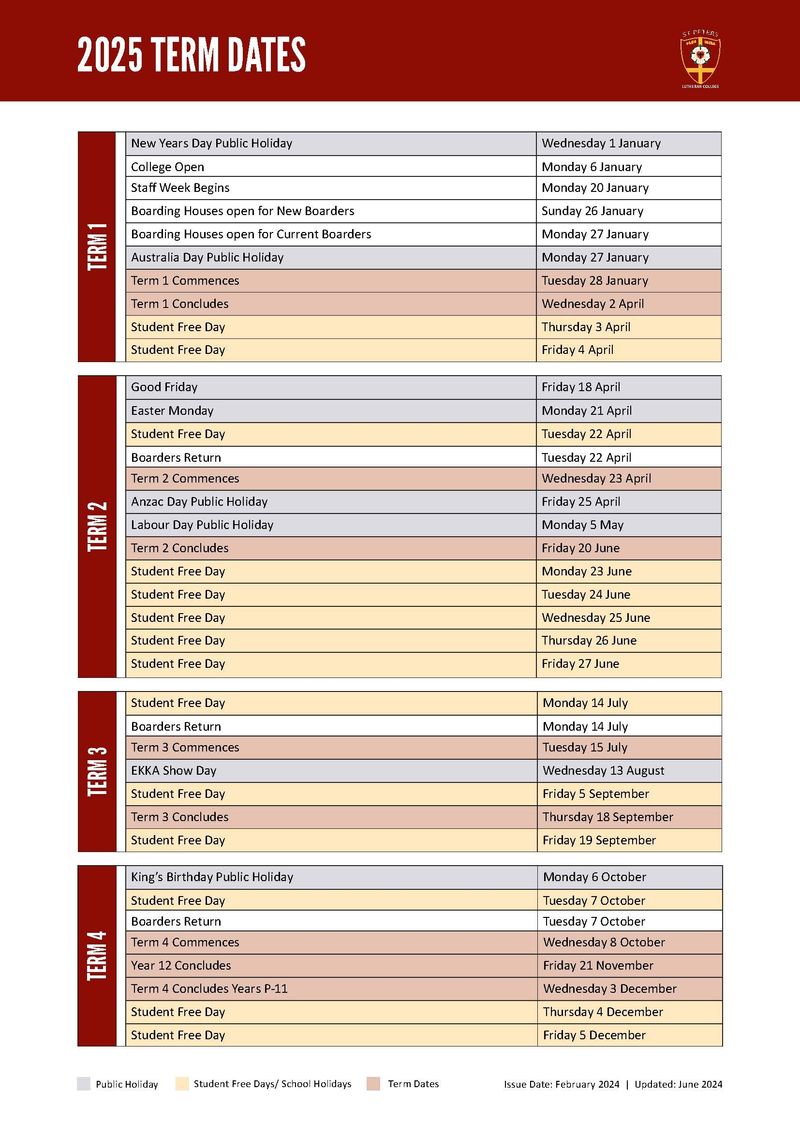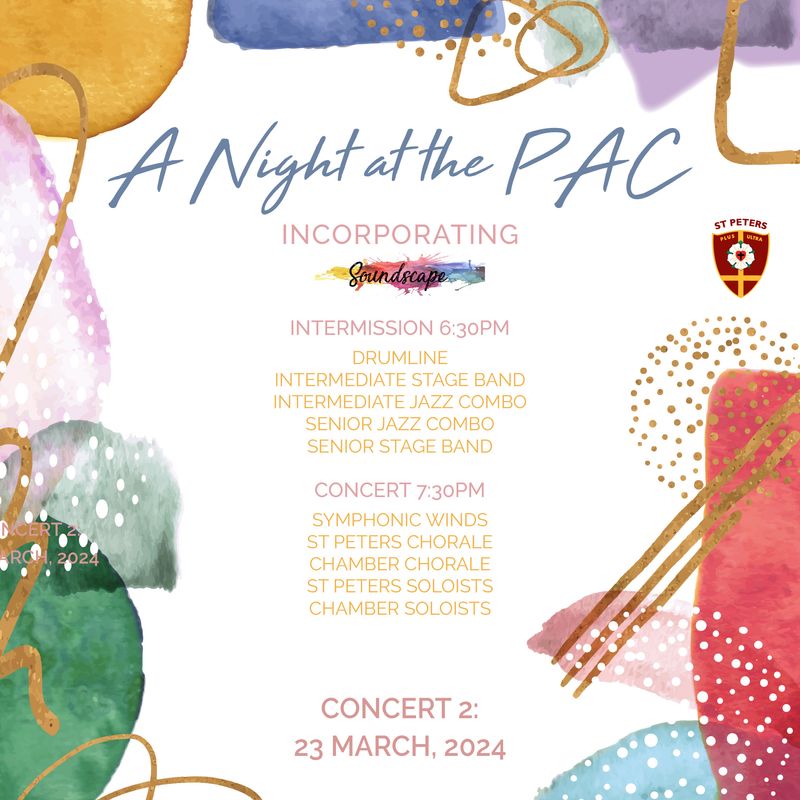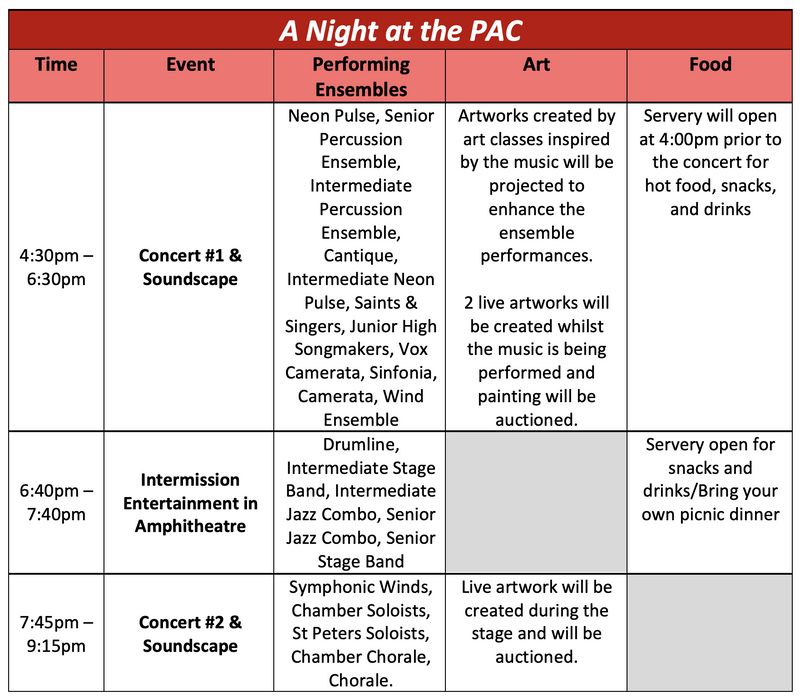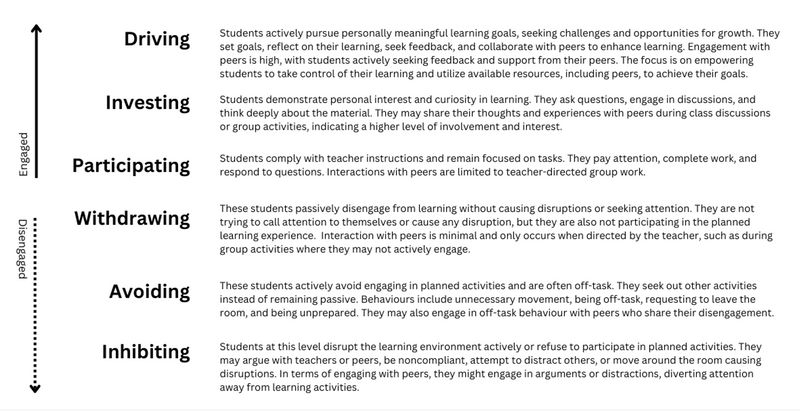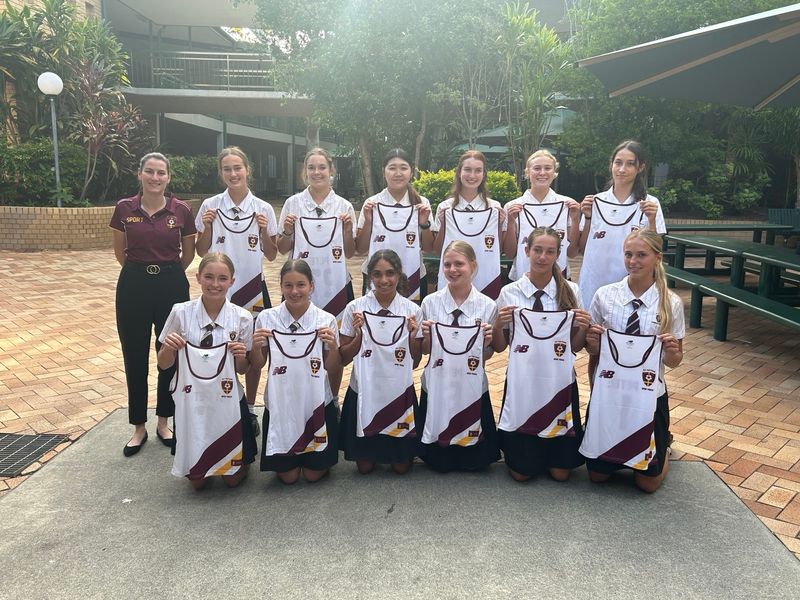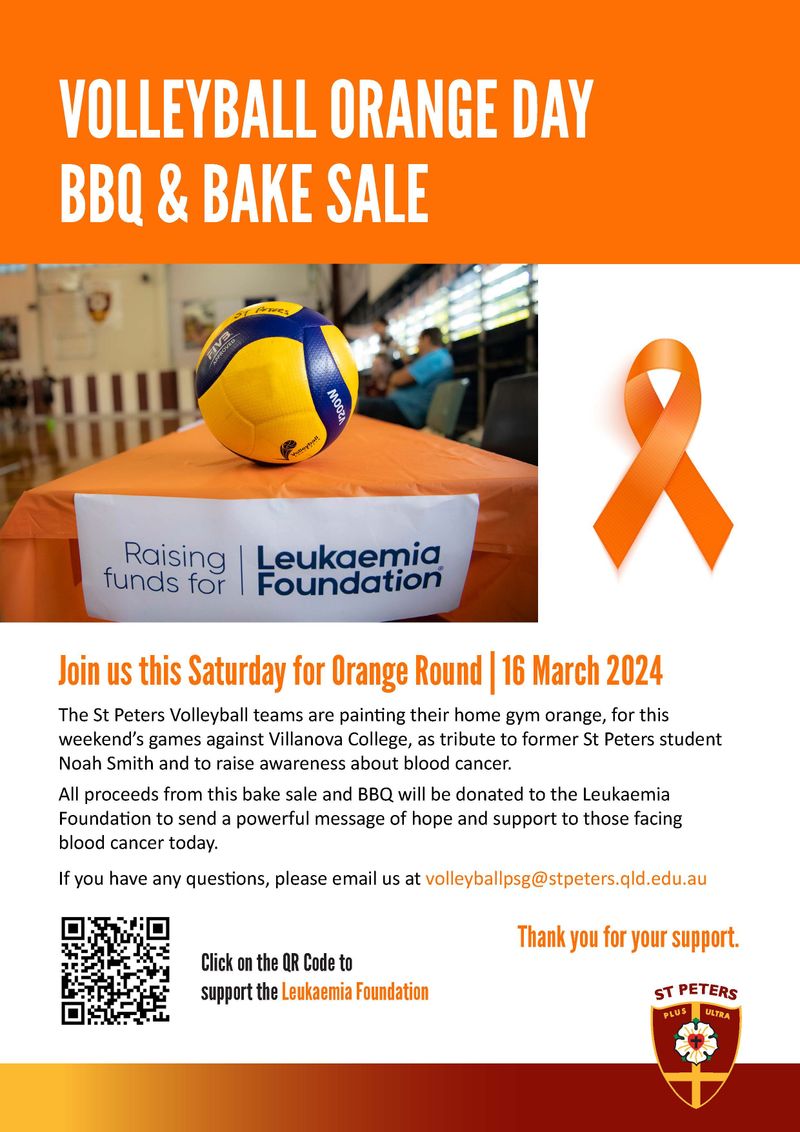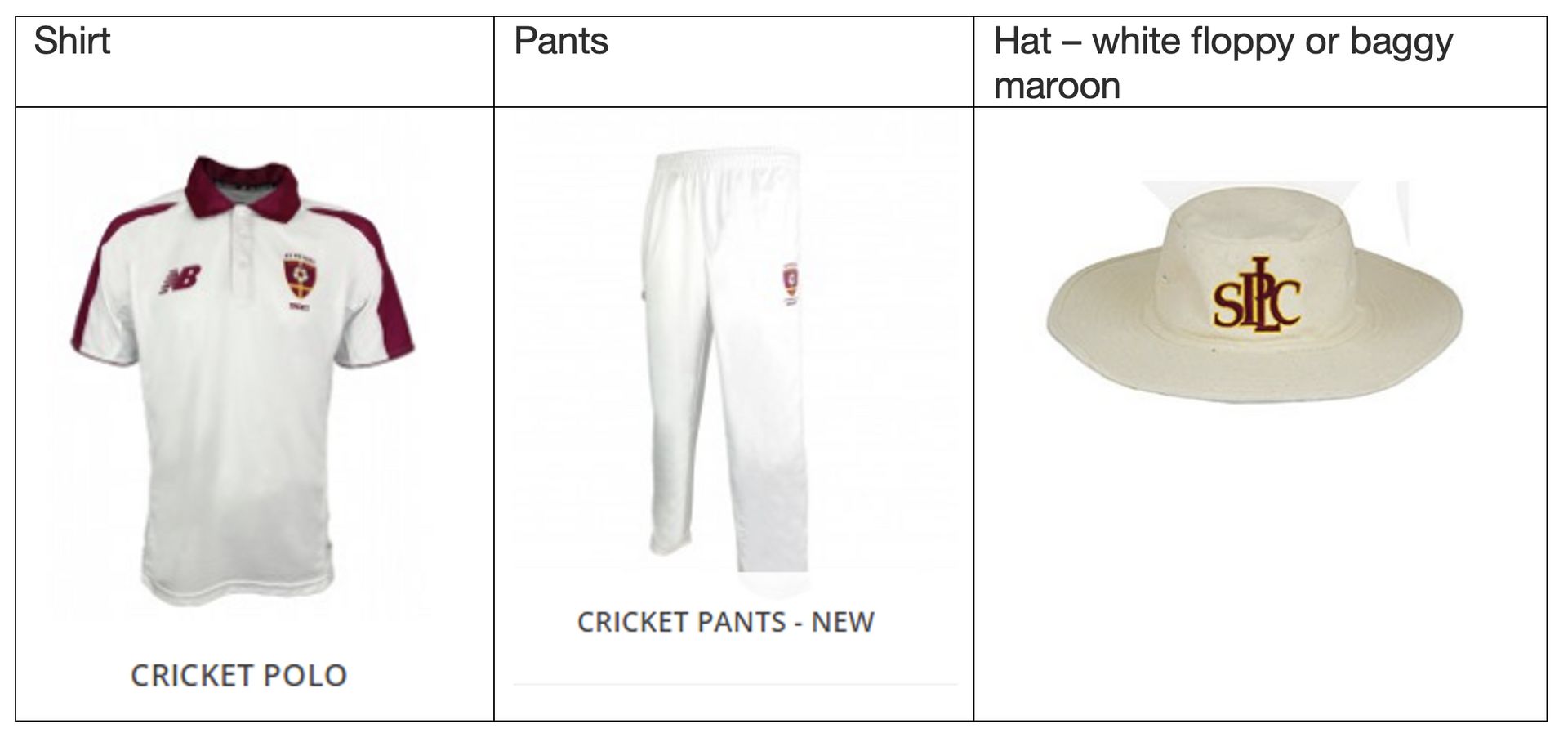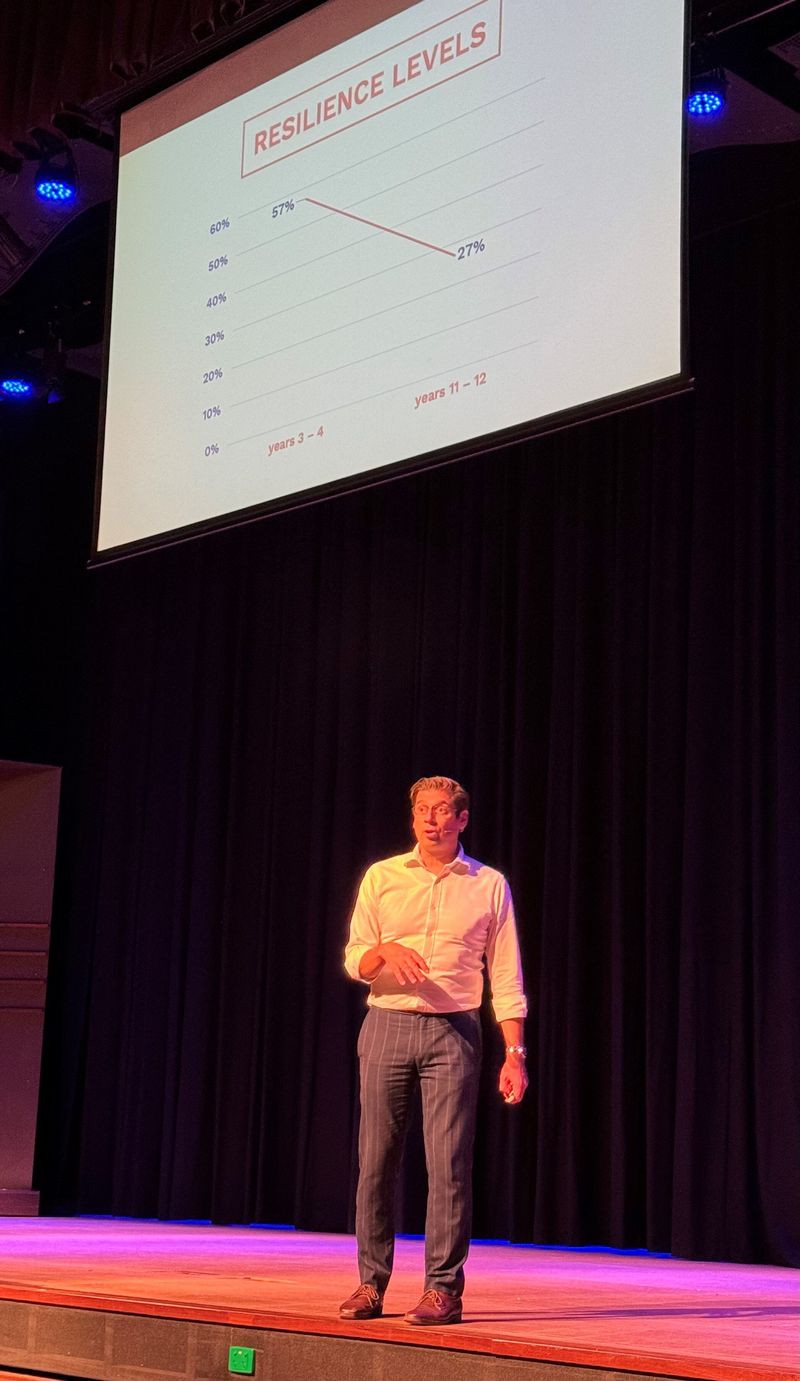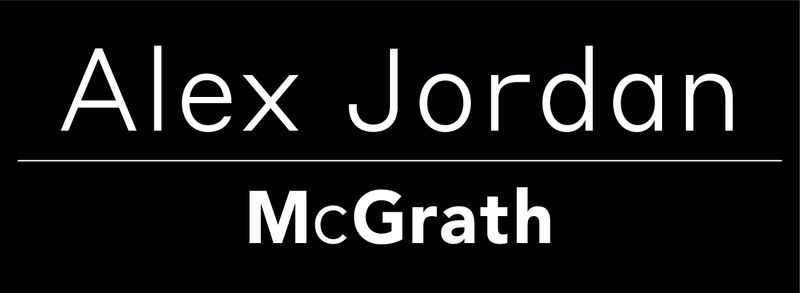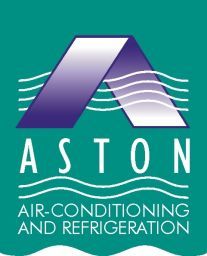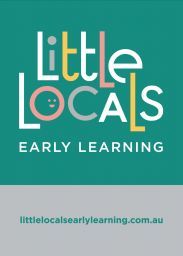NAPLAN
This week and next, students from schools across the country in Years 3, 5, 7 and 9 will be sitting the National Assessment Program, or NAPLAN Testing, as it is commonly called. The official reason for NAPLAN is that it provides the measure through which governments, education authorities and schools can determine whether young Australians are meeting important educational outcomes. More than a decade has passed since the introduction of NAPLAN; debate and discussion within government, educational authorities, schools, and parents as to the value and worth of NAPLAN still continues. That the discussion continues would probably suggest that we probably haven’t got it quite right.
St Peters students perform very well on NAPLAN. The Courier Mail in December last year published a ‘League Table’ which ranked St Peters fifth in the state for Year 5 NAPLAN results and ninth in the state for Year 9 NAPLAN Results. (A Rankings Table was not produced for Years 3 or 7). Just last month, the News Limited papers produced a table listing the ‘Top 100’ performing schools in NAPLAN across Australia for last year. Pleasingly St Peters was only one of five Queensland Primary Schools listed in the top 100 across the nation, and one of only 10 Queensland Secondary Schools listed in the national top 100. This is a reflection on the quality of teaching and learning that goes on every day at our College.
While we are proud of the achievements of our students in NAPLAN, it is important to remember that it measures only a very narrow dimension of education. As and of itself, NAPLAN is not the measure of an education, and certainly not a St Peters education. And this is where the danger lies. If politicians (and parents) start to believe that NAPLAN is all-encompassing, then schools will have little room to move as ‘teaching to the test’ dominates the landscape as the only way of bringing about ‘improvement’. The curriculum will narrow as schools lose time and place for curiosity, questioning, creativity and the development of deep knowledge. It will come at the expense of the Arts, Languages, Music and Sport - in fact, just about anything not linked to the tests, including the more abstract components of mathematics and literary analysis. As is the way with many measures of ‘achievement’ we quickly become alienated from the fact that the tests are their own creation; that they are an attempt to deliver some form of meaningful snapshot and are not the ‘Holy Grail’ of an education.
At St Peters, we want to improve each child’s opportunity to discover interests and talents; and we want to improve their outcomes, both in those things which are easily measured, and those for which measuring is more challenging – their sense of self, their well-being and their values, skills and attitudes (such as creative thinking, collaboration, teamwork, emotional intelligence, leadership, service) that are essential for children and young people to become happy and successful adults in the 21st century.
NAPLAN has its place, but we must be mindful of what it is we actually want from our children’s education, and of who is holding the reins, always bearing in mind that the answer lies in good teaching and good relationships. Results on tests are of use, but on their own they are no measure of the richness and lifelong impact of a St Peters education.
Tim Kotzur
Head of College


